Mental health issues can be tied to medical problems
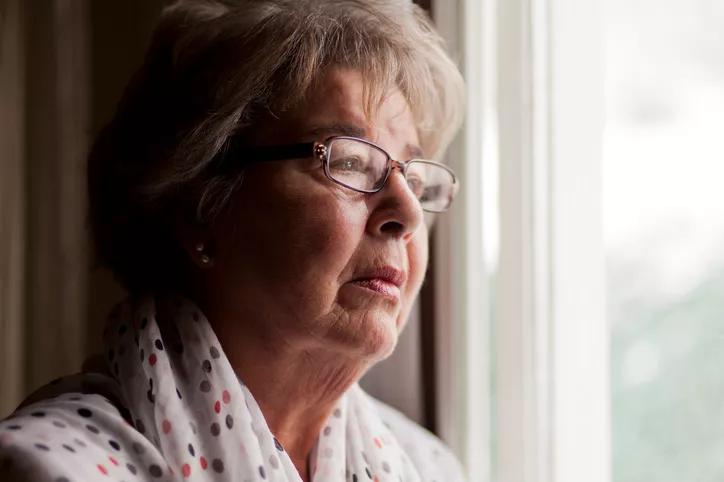
Despite what people may believe, anxiety and depression aren’t a natural part of aging and no one has to accept them.
Advertisement
Cleveland Clinic is a non-profit academic medical center. Advertising on our site helps support our mission. We do not endorse non-Cleveland Clinic products or services. Policy
In fact, mood and anxiety disorders become less common as people age. But detection rates are also lower among older adults. They’re less likely to seek assistance for mental health issues.
So it’s important for those around them to pay attention and offer help if they see a problem.
“Thinking mental health changes are part of the normal aging process puts the physical health of millions of people at risk,” says behavioral health expert Justin Havemann, MD.
The truth is, medical illness is closely tied to mental health problems in older adults, Dr. Havemann says.
“Patients who suffer from psychiatric illness — particularly undiagnosed and untreated dementia, depression, and anxiety — experience worse medical outcomes and lower quality of life than those who don’t,” he says.
The Centers for Disease Control estimates that only between 1 and 5% of older adults living in the community struggle with major depression. Those estimates rise to 13.5% for people who require more constant care and 11.5% for older hospital patients.
Older women are more likely to suffer from mood and anxiety disorders. Older men tend to develop more substance abuse problems, Dr. Havemann says.
However, the CDC reports that less than 30% of older adults who need treatment actually receive it.
Advertisement
Most older adults are not depressed, Dr. Havemann says.
But those with a medical illness that impacts mobility and quality of life are most at risk. The following conditions, in particular, are associated with an increased risk of a mood disorder:
Dr. Havemann says pre-existing depression and anxiety, as well as bereavement – which naturally occurs more often with advancing age – also contribute. Increasing insomnia is also a factor.
Brain-body changes can cause depression that occurs for the first time later in life.
If blood flow is restricted, blood vessels may stiffen and reduce normal flow to the brain over time. The resulting vascular insufficiency is associated with increased risk of other vascular illnesses, including heart disease and stroke.
Depression can also appear alongside other ailments more prevalent later in life, including:
Medications that treat chronic conditions may also cause depression.
In most ways, signs of depression and anxiety are the same for older and younger adults, Dr. Havemann says. But older people are likely to report them differently.
Rather than feeling sad or overwhelmed, older adults may report or exhibit:
Like younger adults, older adults have suicidal thoughts. But, while younger people may focus on hurting themselves, older adults may wish they wouldn’t wake up in the morning — or become ambivalent about their life or survival.
Older men are more likely to commit suicide than older women. But periodic suicide screenings are a critical health assessment for everyone in this age group, Dr. Havemann says.
Older adults can experience several types of depression, according to the National Institute of Mental Health:
Older adults – like those in any population – aren’t all the same, Dr. Havemann says.
Advertisement
So it isn’t possible to pinpoint normal mental health levels and behaviors that apply to all or even most people. Family members, friends and caregivers should take note when behaviors and attitudes change.
If you notice changes, there are several things you can do to help:
If you or someone you know has symptoms of depression or anxiety, don’t just accept it as inevitable. Working with a doctor can offer hope and improve quality of life.
Advertisement
Learn more about our editorial process.
Advertisement
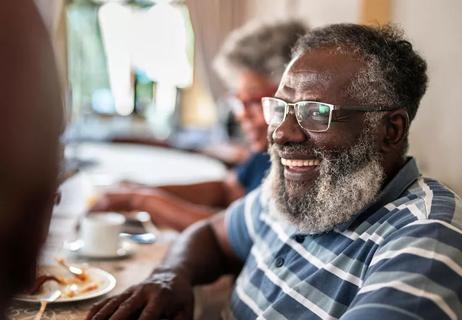
Living longer is more than just growing older — it’s also about living life to its fullest
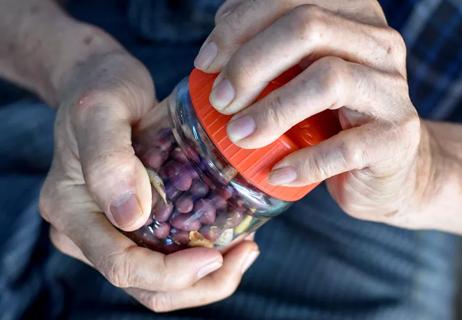
Turns out your health really is in your hands
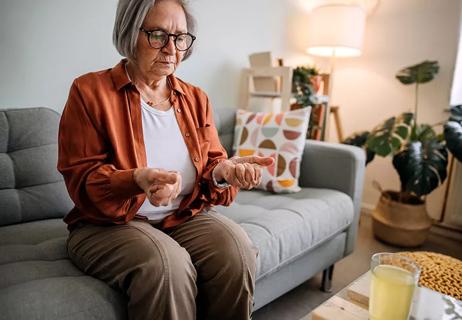
When free radicals don’t have antioxidants to keep them in check, they go rogue
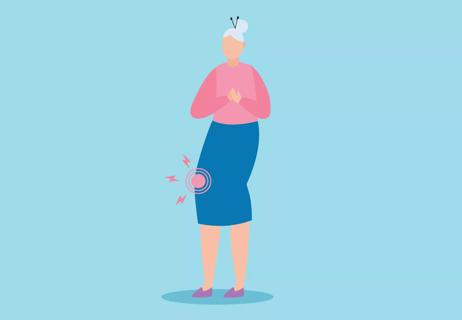
A look at bone buildup and loss throughout your life
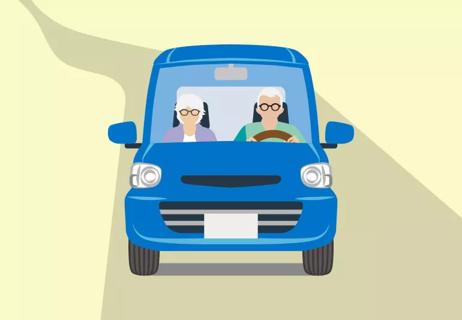
What to look for and how to handle signs of impaired driving
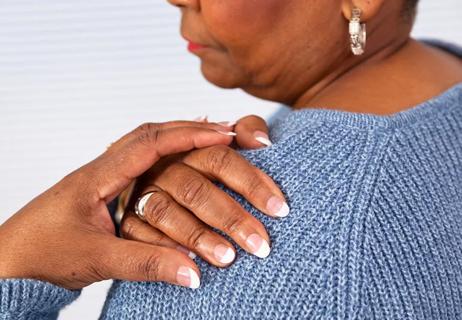
The short answer from a pain specialist
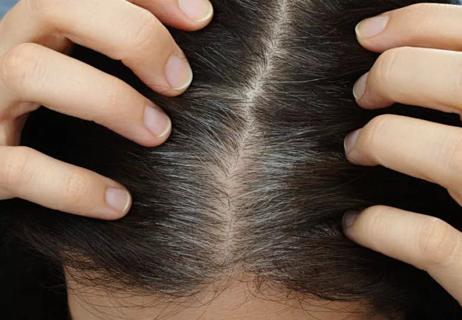
It’s a natural process, but stress and smoking don’t help

Advice for preventing and treating health issues

Type 2 diabetes isn’t inevitable with these dietary changes

Applying a hot or cold compress can help with pain